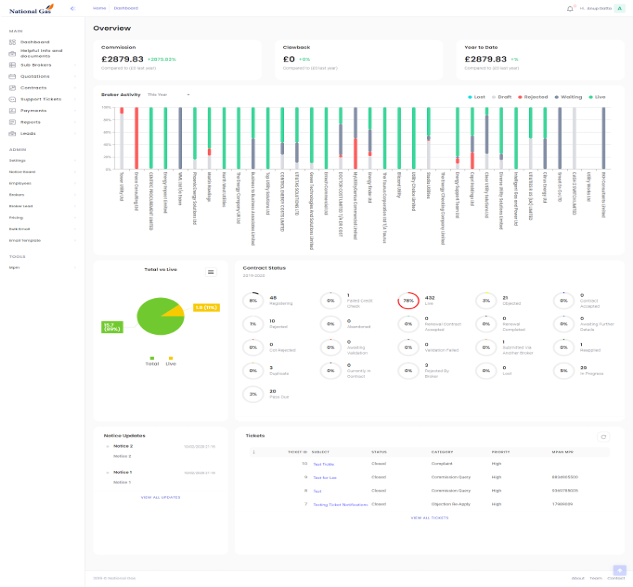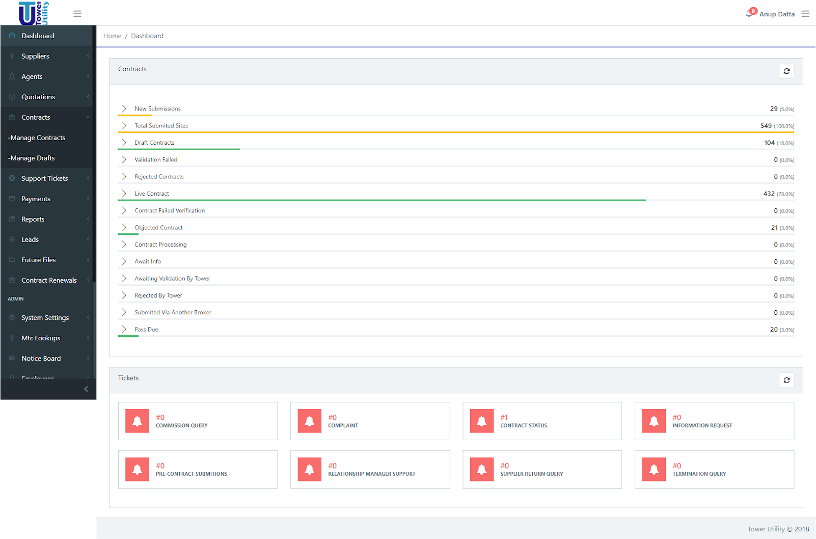- [email protected]
- Mon - Sat: 8.00 am - 7.00 pm
We are creative, ambitious and ready for challenges! Hire Us
We are creative, ambitious and ready for challenges! Hire Us
Over 10 years we help companies reach their financial and branding goals. Engitech is a values-driven technology agency dedicated.
411 University St, Seattle, USA
+1 -800-456-478-23

Customer relationship management (CRM) is a process in which a business or other organization administers its interactions with customers, typically using data analysis to study large amounts of information.
CRM systems compile data from a range of different communication channels, including a company’s website, telephone, email, live chat, marketing materials and more recently, social media. They allow businesses to learn more about their target audiences and how to best cater for their needs, thus retaining customers and driving sales growth. CRM may be used with past, present or potential customers. The concepts, procedures, and rules that a corporation follows when communicating with its consumers are referred to as customer relationship management (CRM). This complete connection covers direct contact with customers, such as sales and service-related operations, forecasting, and the analysis of consumer patterns and behaviors, from the perspective of the company.


In most cases, when people talk about CRM, they’re referring to a CRM system — a tool aimed at helping companies with sales, marketing and service management.
CRM software allows businesses to focus on their company’s relationships with customers, colleagues, suppliers, etc. With a professional CRM in place, it becomes much easier to find new customers, win their trust, provide qualified support, and provide additional services throughout the relationship.
The best part about a CRM system is that almost any organizational unit can benefit from it — from sales and customer service to recruiting, marketing, and business development. Good CRM software gives a better way to manage external relationships.
Storing all customer information in one place, recording service issues, identifying sales opportunities, managing marketing campaigns — these are just a few capabilities that CRM features.
Since CRM provides easy access to data, it also becomes much easier for users to collaborate on different processes and increase productivity. Another strong argument in favor of CRM is that it is suitable for businesses of any size.